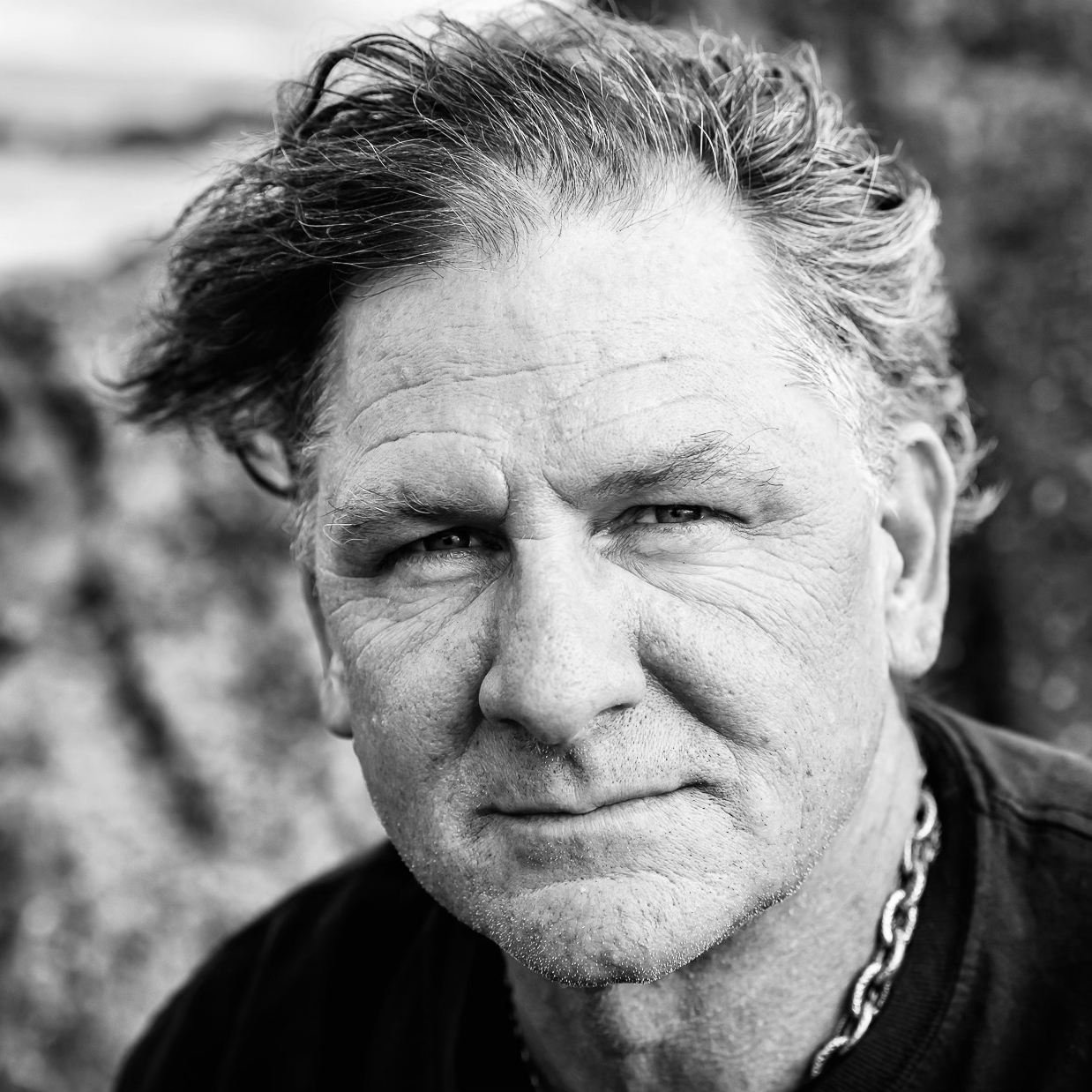Richard Widick, PhD
Sociologist and Visiting Scholar, Orfalea Center for Global & International Studies, University of California, Santa Barbara
Research Scholar and Managing Editor, EJ/CJ — the Environmental Justice & Climate Justice Studies Research Hub at UCSB’s Orfalea Center for Global & International Studies
Project Leader and Designer, UC-CSU NXTerra, a project of University of California Office of the President’s (UCOP) Carbon Neutrality Initiative (CNI)
Co-Director, International Institute of Climate Action & Theory
CEO, Writer, Director, Producer, Metroglobe Productions
Author: Trouble in the Forest: California’s Redwood Timber Wars, University of Minnesota Press, 2009.
Richard Widick, PhD is a sociologist, critical ethnographer, media theorist, and filmmaker at UC Santa Barbara’s Orfalea Center for Global & International Studies, where he is currently engaged in grant-funded research examining the intersection of the ongoing Civil Rights movement in the US and emergent global climate politics (CV).
His recently published independent film, The Edmund Pettus Bridge to Climate Justice, Director’s Cut (December 1, 2021), studies and documents the making of the Paris Agreement up through its specification of new rules for new carbon markets at the UN climate talks in Glasgow, 2021. The action takes place over ten years, in seven countries spanning five continents, during which time he served annually as an official Observer Delegate from the University of California to the United Nations Framework Convention on Climate Change (UNFCCC) Conferences of the Parties (the so-called climate COPs).
With University of California scholars John Foran, Ken Hiltner and David Pellow, in 2015 he launched EJ/CJ, the Environmental Justice and Climate Justice Studies Research Hub at UCSB’s Orfalea Center.
From 2017 to the present he has served as Project Leader, designer, and web-master for UC-CSU NXTerra — California’s new Climate Emergency Teaching Tool (learn more about NXTerra’s History, Vision, Strategy, and People).
With John Foran (UCSB) he is also co-founder of The International Institute of Climate Action & Theory (IICAT), an organization they created in 2011 to participate in both the United Nation’s climate negotiations and the global climate justice movement during the making of the Paris Agreement on Climate Change. IICAT is a public-facing climate-focused transformative knowledge network, research collaboration think tank and media hub.
Selected Publications
BOOK: Trouble in the Forest: California’s Redwood Timber Wars, University of Minnesota Press, 2009.
ARTICLES
“Whose Utopia? Our Utopia! Competing Visions of the Future at the UN climate talks,” Nature & Culture, with John Foran, Special Edition titled “Beyond Utopia: Crisis, Values and the Socialities of Nature,” Nature & Culture 11(3), Winter 2016: 296-321. (download)
What Now for Climate Justice: Social Movement Strategies for the Struggle over the Next Universal Climate Treaty. 2014. IICAT Special Report, co-edited with an introduction by John Foran and Richard Widick. (download)
UNFCCC Policy Brief: Climate Justice and Human Rights: Focus on Food Security, Nutrition, Health and Gender. Co-authored Policy Brief to the United Nations Framework Convention on Climate Change, Conference of the Parties 20, Lima, Peru, 2014. (download)
“Dangerous Places: Social Media at the Convergence of Peoples, Labor, and Environmental Movements.” Martha McCaughey (ed.) Cyberactivism: Online Activism in Theory and Practice. Routledge. 2014. (purchase)(abstract)
“Breaking Barriers to Climate Justice,” Contexts: Understanding People in their Social Worlds, a journal of the American Sociological Association, with John Foran, Spring 2013. (download)
“Deforestation.” The Sage Encyclopedia of Global Studies. Mark Jurgensmeyer and Helmut Anheier, editors, 2012.
“Earth in Crisis?: A Forward-Looking Agenda for Research on the Cultural Causes and Consequences of Climate Change 2010-2020 and Beyond,” SBE 2020 Project of the Social, Economic, and Behavioral Sciences Division of the National Science Foundation, white paper with John Foran, 2010. (download)
“What is Driving our Modern Social Imaginaries? Turning to Cultural and Environmental Sociology for Answers.” Perspectives: Newsletter of the ASA Theory Section, Vol. 31, Issue 2, November 2009. (download)

